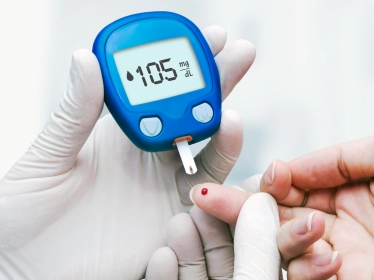
What is considered binge drinking?
Binge drinking is defined as the consumption of alcohol to intoxication in a short period of time and a person’s blood alcohol concentration (BAC) reaches 0.08 g/dl or above. This typically happens when men consume 5 or more drinks or women consume 4 or more drinks in about 2 hours. A drink consists of 12 ounces of beer, 5 ounces of wine, or 1.5 ounces of liquor.
Alcohol Poisoning
Alcohol poisoning is the most life-threatening consequence of binge drinking, potentially leading to a coma or death. Symptoms of alcohol poisoning include:
- Mental confusion or unconsciousness
- Repeated vomiting
- Seizures
- Slow or irregular breathing
- Low body temperature
- Pale, clammy, or bluish skin
Long-Term effects of excessive drinking
Drinking alcohol excessively and frequently for a long period of time can cause harm to several parts of the body. These include:
Brain damage
- Adverse effects on memory function, concentration, reasoning, planning and visuo-spatial skills.
- Stroke
Diseases in digestive system
- Stomach ulcers
- Gastritis
- Stomach cancer
Heart problems
- Heart muscle disorders
- Heartbeat rhythm irregularities
- High blood pressure
Cancer risks
- Increase risk of breast, mouth, throat, oesophagus, liver, and colon cancers
Liver diseases
- Liver function is affected
- Development of fatty liver, which can lead to liver cirrhosis (scarring)
- Alcoholic hepatitis (signs include swollen liver, nausea, vomiting and abdominal pain, bleeding, jaundice)
Psychological problems
- Mental health problems such as depression, anxiety and insomnia
Sexual and hormonal dysfunctions
- Erectile dysfunction
- Lowering of testosterone concentrations
- Sperm growth is affected
- Lowered fertility in women
- Altered hormonal levels in premenopausal women, which increases the risk of osteoporosis
Skeletal muscle damage
- Skeletal muscle myopathy (reduction of muscle weight and lean tissue wasting)
Other alcohol-related problems
- Accidents, injuries and high-risk behaviours
Drink driving accounts for a large proportion of those injured or killed in road traffic accidents. Also, alcohol abuse is associated with high-risk behaviours such as physical assaults and risky sexual behaviour.
- Pregnancy and/or child developmental problems
Prenatal exposure to high levels of alcohol has been associated with a range of developmental problems such as foetal alcohol syndrome, causing permanent birth defects.
- Lower participation and involvement in daily activities
Binge drinking and subsequent hangovers contribute to the loss of productivity and/or absenteeism.





